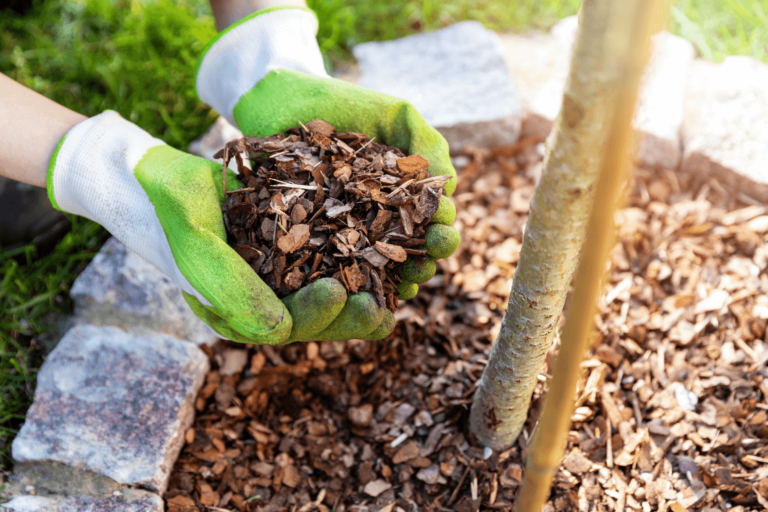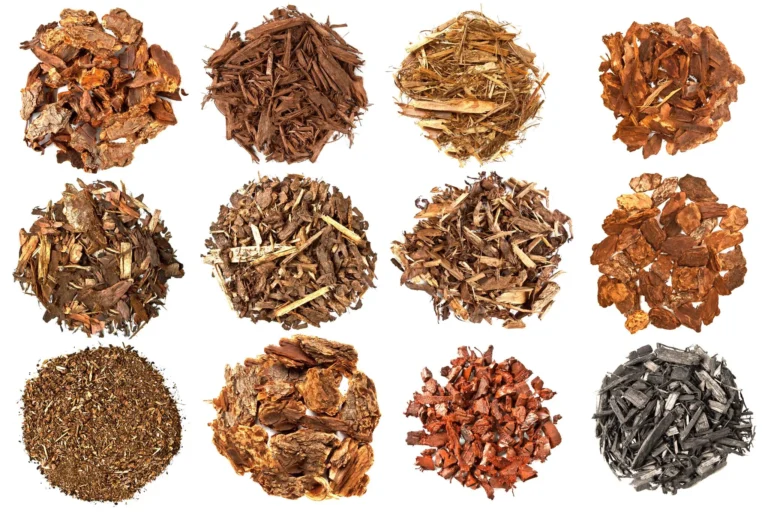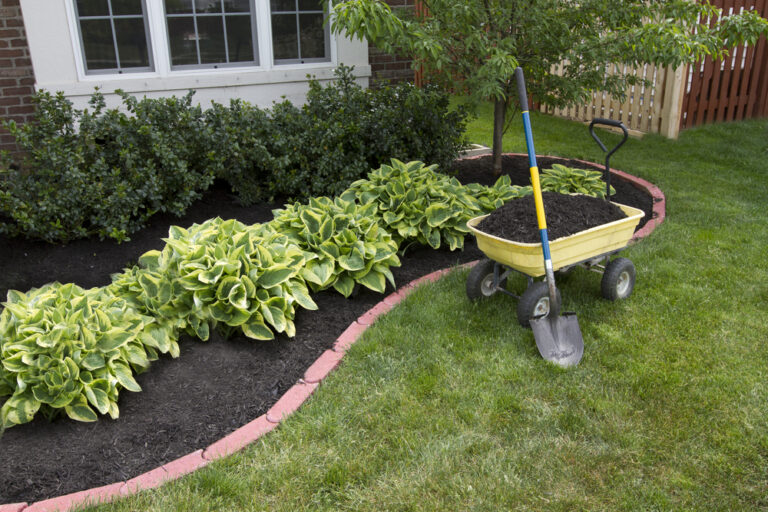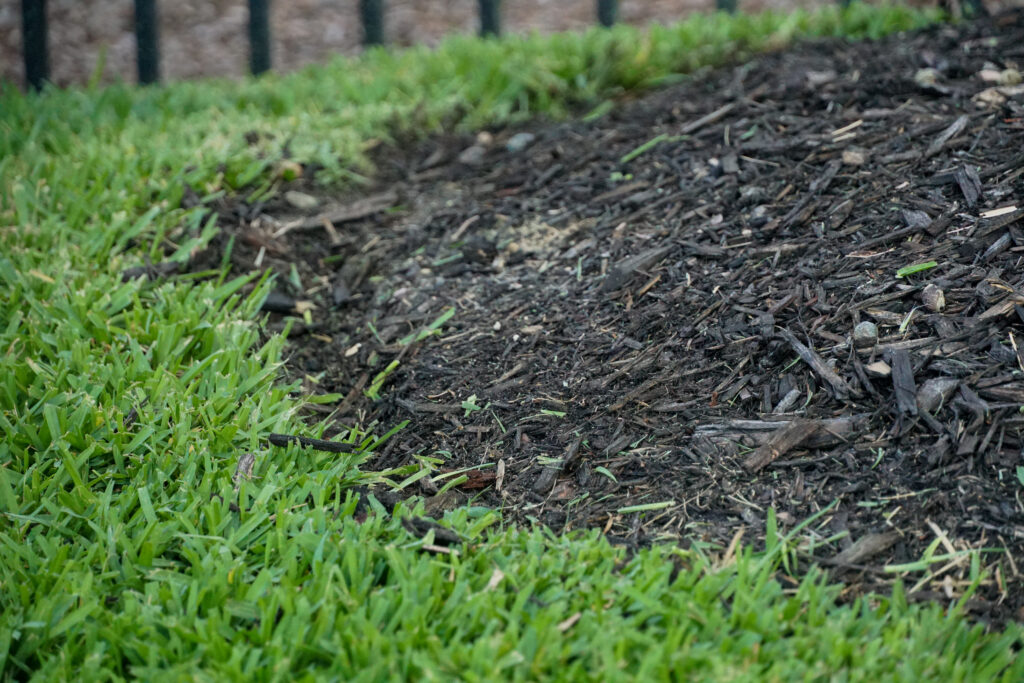Gardening is a rewarding and fulfilling activity, but it comes with its fair share of challenges, particularly when it comes to maintaining healthy plants and conserving soil moisture. One indispensable tool in a gardener’s arsenal is mulch. In this blog post, we will explore what mulch is and delve into its essential purpose in gardening.
What is Mulch?

Mulch is a protective covering made of various materials that is spread over the soil surface in gardens and landscaped areas. This layer of material serves multiple purposes, benefiting both plants and the environment. There are several types of mulch available, each with its unique characteristics and advantages.
Common Types of Mulch:
- Organic Mulch: Derived from natural sources like wood chips, straw, leaves, bark, and compost. Organic mulches decompose over time, enriching the soil with nutrients.
- Inorganic Mulch: Made from materials like gravel, rocks, or rubber. Inorganic mulches don’t break down and are often used for their decorative appeal and weed suppression.
- Synthetic Mulch: Typically made from materials like plastic or fabric. Synthetic mulches provide excellent weed control and moisture retention.

The Purpose of Mulch
Moisture Conservation:
- One of the fundamental purposes of mulch is to conserve soil moisture. By covering the soil with a layer of mulch, you create a barrier that reduces water evaporation, keeping the soil consistently moist. This is especially crucial during hot and dry periods when plants are more susceptible to dehydration.
Weed Suppression:
- Mulch acts as a natural weed barrier by blocking sunlight, which prevents weed seeds from germinating and growing. This reduces the need for manual weeding and minimizes competition between weeds and your desired plants.
Temperature Regulation:
- Mulch helps maintain stable soil temperatures by insulating the soil from extreme heat or cold. This is beneficial for the roots of plants, which are sensitive to temperature fluctuations. In cold climates, mulch can protect against frost damage, while in hot climates, it keeps the soil cooler.
Soil Enrichment:
- Organic mulches, such as compost or shredded leaves, gradually break down over time. As they decompose, they release essential nutrients into the soil, enriching it and providing a steady source of food for your plants.
Erosion Control:
- In sloped or hilly areas, mulch helps prevent soil erosion caused by heavy rain or wind. It creates a protective layer that holds the soil in place, reducing the risk of losing valuable topsoil.
Improved Aesthetics:
- Mulch can enhance the visual appeal of your garden or landscaping. With a variety of colors and textures available, you can choose mulch that complements the overall design and creates a polished look.
Disease Prevention:
- Mulch serves as a barrier between plants and the soil, reducing the chances of soil-borne diseases splashing onto leaves during rain or watering. This can help keep your plants healthier and disease-free.

In summary, mulch is a versatile and valuable asset in gardening. Whether you’re a novice gardener or an experienced horticulturist, understanding the purpose of mulch and selecting the right type for your specific needs can greatly benefit your plants and the overall health of your garden. From moisture conservation to weed suppression and soil enrichment, mulch plays a vital role in nurturing your garden’s growth while enhancing its beauty. If you are ready to transform your outdoor space, call Keith’s Lawn Care! Whether you’re looking for expert mulching or landscaping services, we’ve got you covered. Contact us today to schedule a consultation and elevate your curb appeal!

